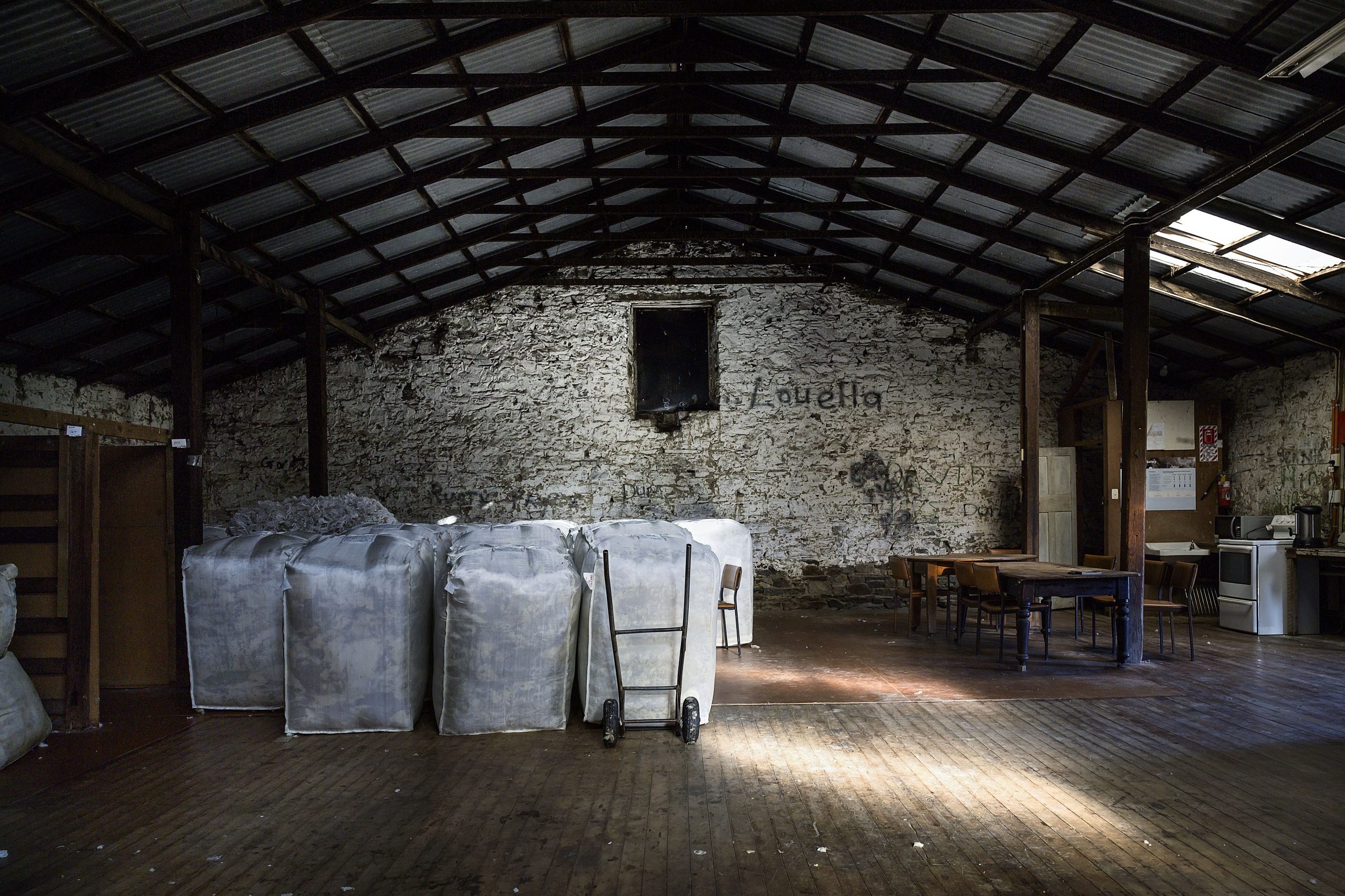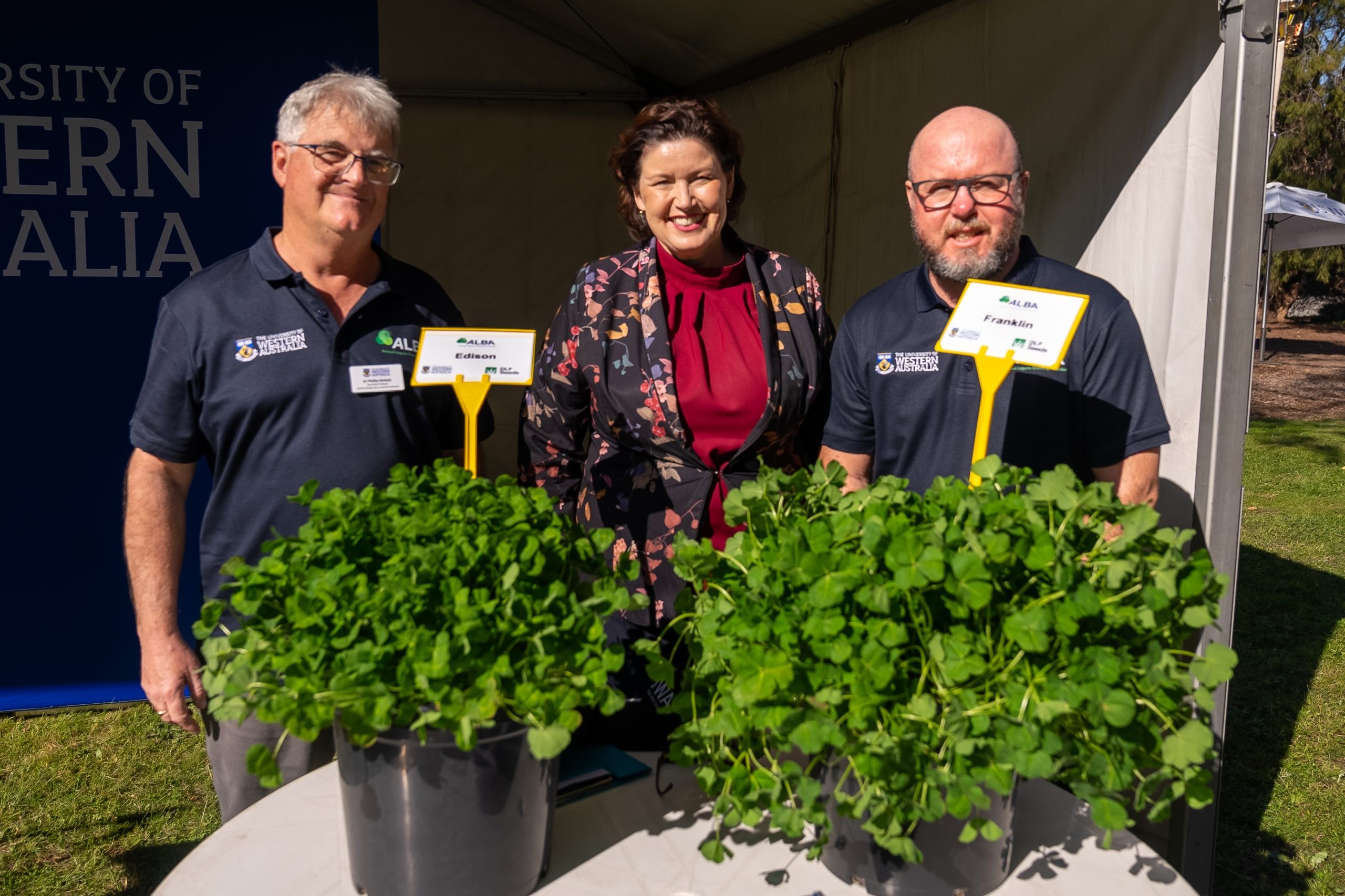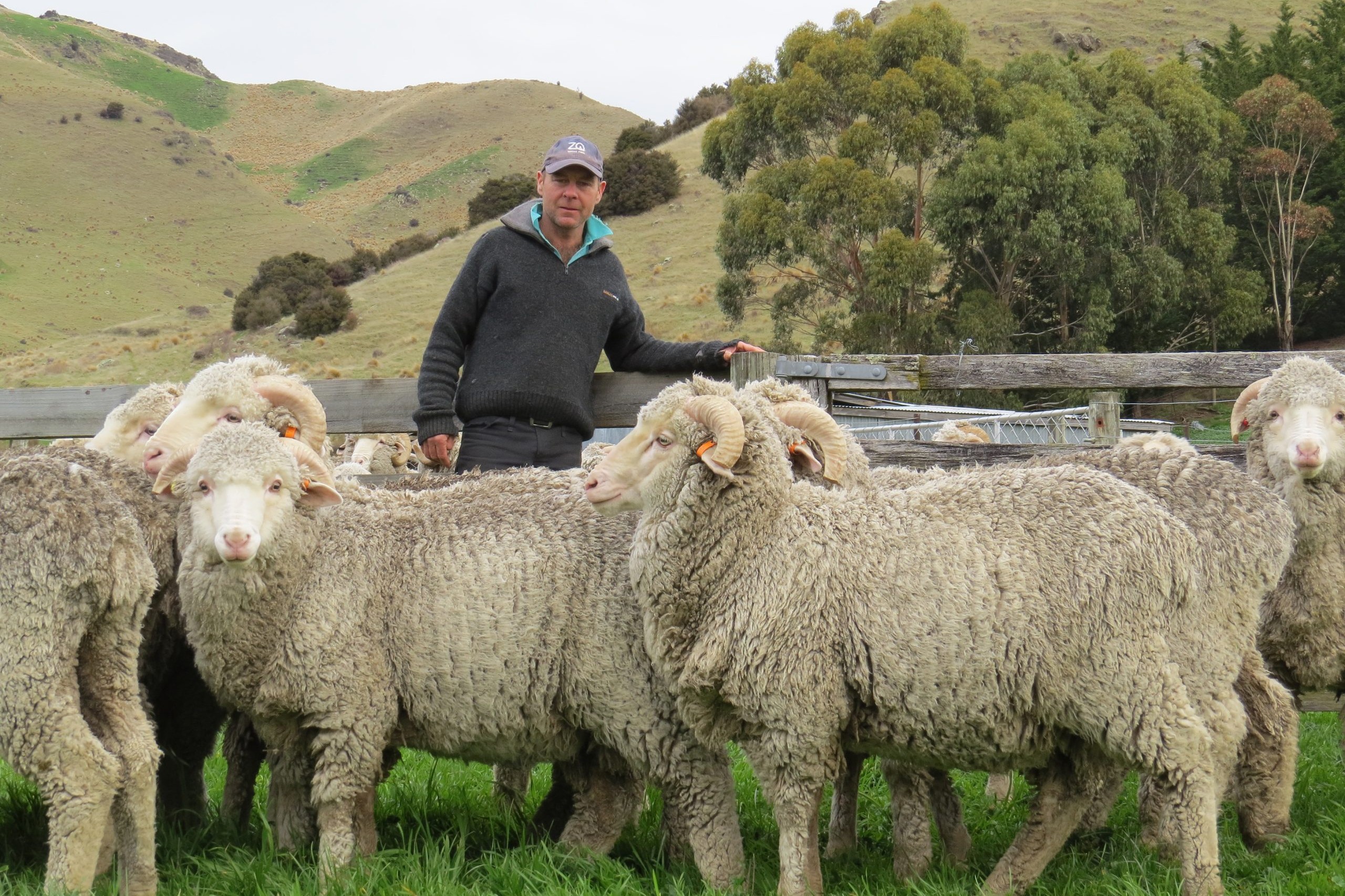Excited by Merino’s future
Benmore Station has been the classroom for stock manager Luke Duncan to soak up knowledge in Merino breeding as the industry evolves to more dual-purpose animals. Words Sarah Perriam-Lampp, Photos Anna Munro.

Luke Duncan reflects on the past five years of his career at the Sutherland’s Benmore Station with gratitude for being given a shot so soon after finishing at Lincoln University.
Growing up on a sheep and beef property between St. Bathan’s and Becks, Luke spent two summers with Bevan McKnight at Northburn Station at Cromwell which ignited his love for Merinos. Bevan stoked that fire by suggesting he head to Bill and Andrew Sutherland near Omarama where he is cutting his teeth on fine wool sheep breeding.
“I was really lucky to get the opportunity at 23 to become stock manager and be involved in learning at a stud that is already renowned for good fine wool as they gradually pivot towards more dual purpose,” says Luke Duncan currently 25 years old.
The future of the Merino industry, he says, is an animal that is shorn and finished before the winter, as the cost of carrying them through and the animal health challenge is getting too high.
“It means we are moving the dial slowly on carcase traits over time to not lose the years of wool genetics that I find interesting.”
Luke has noticed over the past five years the new focus from farmers coming to buy rams privately from Benmore asking for figures such as the footrot EBV and worm traits with the rise in attention on drench resistance. He says the draft on conformation always comes first still, and then the data. Feeding stock well is a key priority for Luke as he has noticed the rewards of condition scoring through the drought and preferential feeding of the lighter animals. The variety of work between the stud and commercial flocks provides a lot of learning for him from dag scoring and fleece testing to breeding selection.
“I would like to see more for those coming through the Merino industry with more localised training days on farm management focused topics. Once a year isn’t really enough to keep learning from each other.” – Luke Duncan, Benmore Station
The attempts at Merino judging have been good but he says at the end of the day you are being taught only one aspect – how to look at a sheep.
“I would like to see more for those coming through the Merino industry with more localised training days like neXtgen Agri’s muster on more farm management focused topics. Once a year isn’t really enough to keep learning from each other.” Benmore’s focus on the shepherd’s ability to have autonomy over their own pivot blocks has been a good learning ground, Luke says.
Over the next five years, after he marries his fiance Bailey Smith, originally from Fairlie teaching at Omarama, he would like to progress to farm management with a focus on leasing land and eventually
an equity partnership.
“I’d love to have skin in the game. Maybe not this past year (he laughs), but to own my own stock is the goal.”




